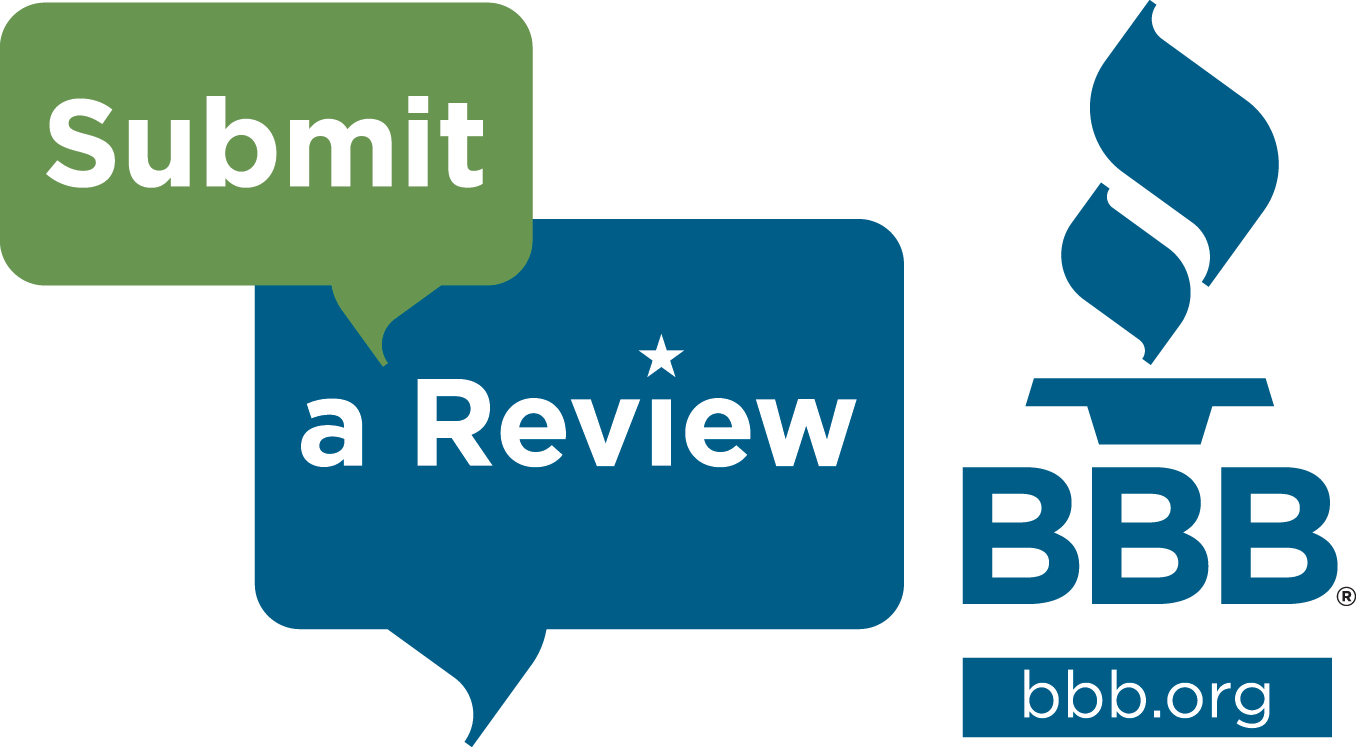Renters: Are You Ready to Buy a Home?

Most renters are planning to buy a home at some point. If so, they are probably saving up for the down payment right about now. Besides that obviously step, here are four more advanced steps towards moving out your rental and into a dream home of your own.
Understanding the full cost of homeownership
As a renter, you are used to writing a check to your landlord and that covering your monthly housing payment. As a future homeowner, make sure you are familiar with the four components of a mortgage payment that are listed below, otherwise known as P.I.T.I:
Principal: Money that is going towards the remaining amount of your loan.
Interest: This is the amount of the payment that is going towards the interest on your loan. For a while at the beginning of owning your home, a large majority of your mortgage payment with be going towards the interest on the loan.
Taxes: Refers to property taxes, which are assessed by the county that you live in. They average 1.2% of your home’s value each year.
Insurance: This will be paid to a homeowner’s insurance company of your choice; this is required when you have a mortgage. Lenders require that your insurance cover the cost of rebuilding the home if it is ruined by fire or other disaster. This “replacement cost” is determined by your insurer, and must be agreed to by your lender. Insurance will typically cost $700 to $1,200 per year for a single family home.
Know your homeowner tax benefits
Mortgage interest and property taxes are deductible when you file your annual tax returns, and reduce taxable income. These deductions significantly lower your cost of homeownership. For example, for a $300,000 home with 20 percent down and a 30-year fixed mortgage at 4 percent, your monthly mortgage payment is about $1,545. Tax deductions reduce this total housing cost to about $1,215.
Study rent-vs.-buy math
People often use the P.I.T.I payment and compare it to how much their rent is a month, to get the most accurate results it is better to use the after tax deduction number. If your rent is $1,200 a month but you can find a great $300,000 home in an area that you like then yes buying would be the more favorable option. Don’t forget that could possibly require a $60,000 down payment.
Identify mortgages that fit your budget and timeline
If you do not have enough to put 20%, there are other loan options for you and the dedicated Loan Officers here at First Ohio Home Finance are determined to find the right program for you. Call us today to get the conversation started!













